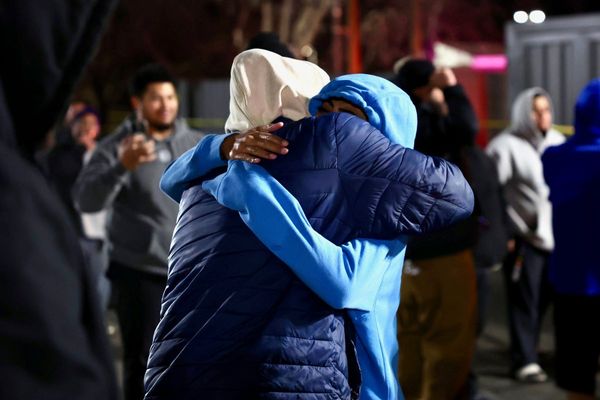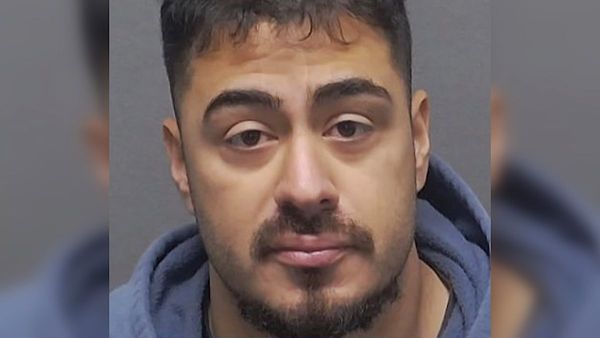
House Republicans are poised to make another attempt at impeaching Homeland Security Secretary Alejandro Mayorkas over his handling of the southern border. This follows a failed impeachment vote last week, which ended in a defeat for the GOP. While House Republicans claim that Mayorkas has committed high crimes and misdemeanors, constitutional experts argue that the evidence does not meet the threshold required for impeachment. It is worth noting that the House has not impeached a member of a president's cabinet in nearly 150 years.
Congresswoman Beth Van Dyne, a Republican from Texas, supports the impeachment effort and has criticized Mayorkas for his approach to immigration enforcement. Van Dyne argues that there is no need for new laws but rather the enforcement of existing laws. She points to H.R. 2, a bill she voted for, as a means to enforce the existing laws ignored by the current administration. The purpose of H.R. 2 was to compel the administration to stop disregarding the laws and enforce them accordingly.
Mayorkas has faced criticism for implementing policies such as 'catch and release,' where illegal immigrants are released into communities rather than being detained upon entry. Van Dyne contends that Mayorkas created this policy independent of existing law. She also criticizes his use of parole, alleging that he abused the system by implementing mass parole instead of considering cases individually as intended.
The congresswoman argues that Mayorkas' actions have had dire consequences for national security and the well-being of Americans. She claims that tens of thousands of American deaths have occurred due to fentanyl poisoning, which she attributes to lax border security. However, it is important to note that the majority of fentanyl brought into the country is transported by American citizens, not illegal immigrants.



Van Dyne further alleges that the Mexican cartel, with the assistance of American citizens, is benefiting from the current lax border enforcement and engaging in various illegal activities such as drug trafficking, sex trafficking, human trafficking, and firearm trafficking.
While the congresswoman's assertions highlight her concerns regarding Mayorkas' leadership, it is important to approach these claims with caution. Critics argue that focusing solely on the shortcomings of one individual overlooks broader systemic challenges related to immigration enforcement and border security. Additionally, it is crucial to consider the perspectives and evidence presented by experts who analyze these issues from a non-partisan standpoint.
The House Republicans' decision to pursue Mayorkas' impeachment once again demonstrates the political divide surrounding immigration and border security policies. As the debate rages on, it will be essential to weigh the evidence and consider the long-term implications of any decisions made regarding the future of the Department of Homeland Security.







